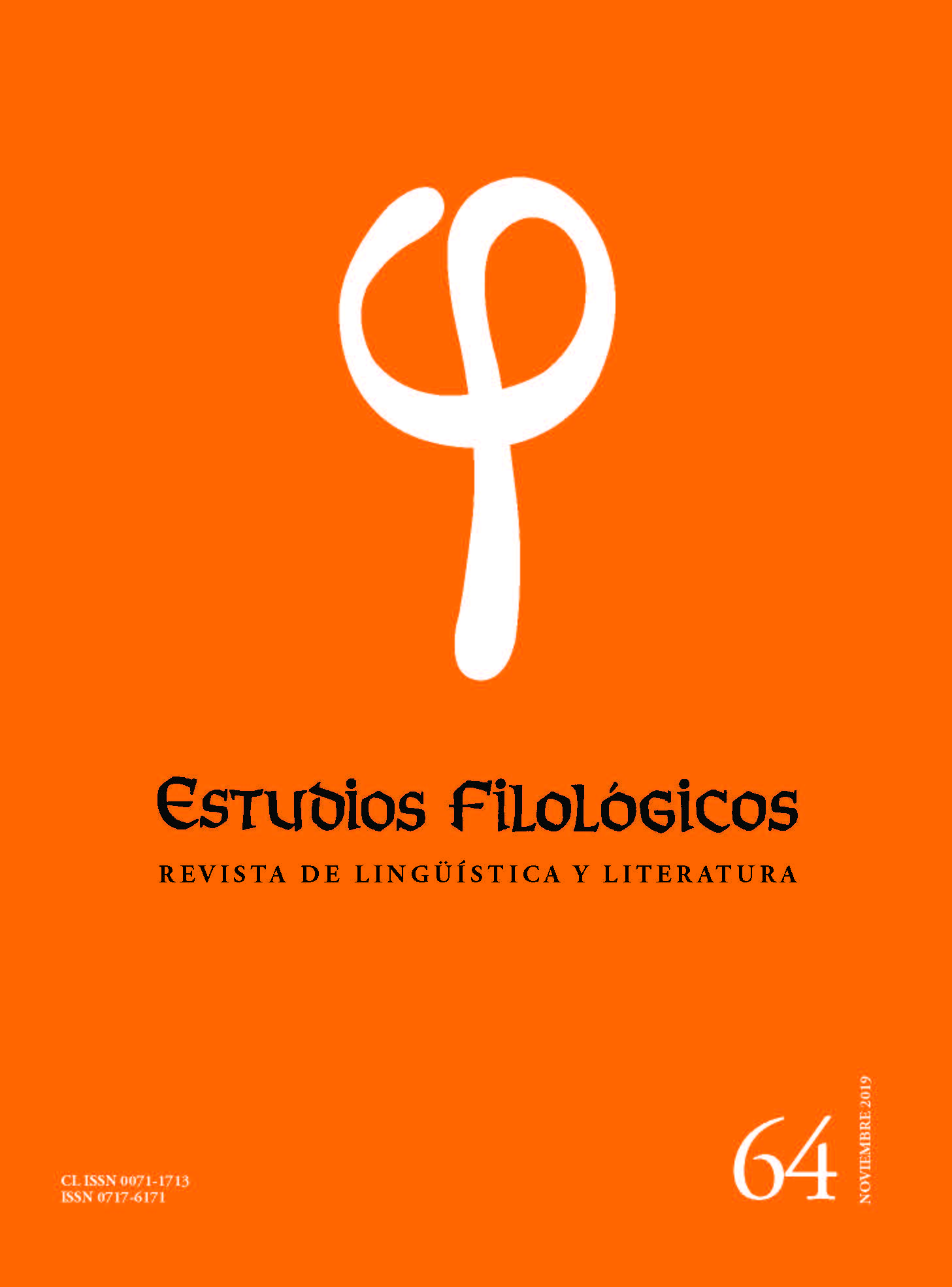From Lectocentrism to Plurinormativism. Reflections on the Variety of Spanish in Teaching as a Second or Foreign Language
Main Article Content
Abstract
Currently, an important issue to discuss in the teaching of Spanish as a second or foreign language (S-SL/FL) is the linguistic model of teaching-learning and on how to approach, in this context, the variety and variation of our language. Doubts about the suitability of the linguistic model, its ascription to a particular Spanish-speaking country or community, or the relation between correction and prestige are usual in academic authorities, manual creators, curriculum designers and teachers. From the perspective of S-SL/FL, in this article we reflect on concepts and attitudes associated with those issues: ethnocentrism (with its derivative lectocentrism) and plurinormativism, discussing their connections with the variety and variation of Spanish. We also analyze their association with the standard, the variety and the norm, the linguistic and extralinguistic evidences conditioning the Hispanism, and the impact of this academic institutional position on the teaching of S-SL/FL and the teaching manuals.

